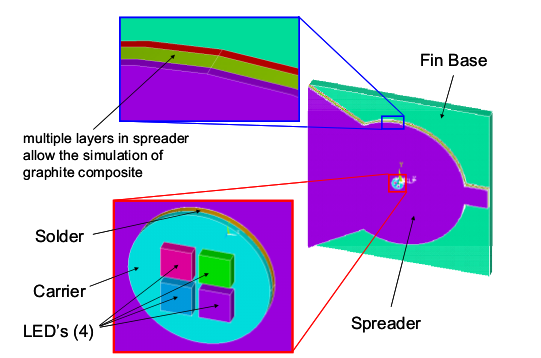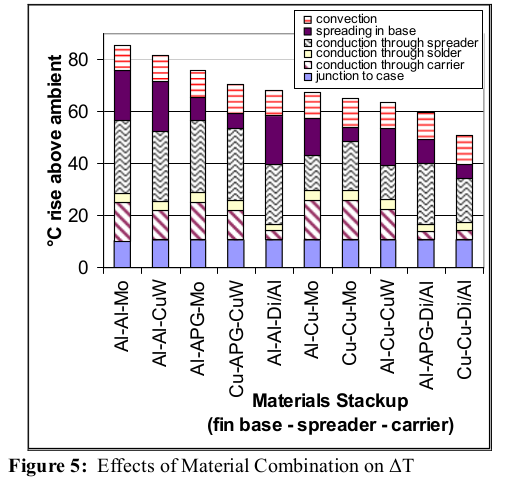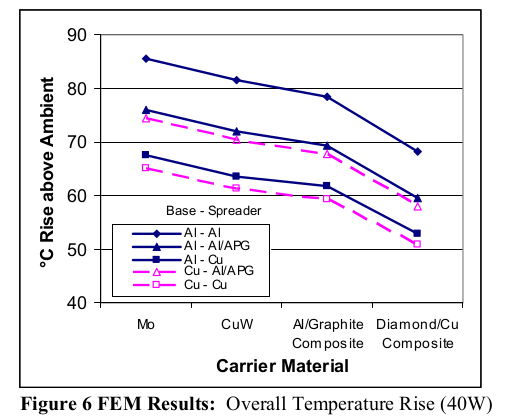Description:
Overview
High intensity is required for the projection systems light sources specially in airborne applications. The light projection system of a cockpit changes depending on the conditions whether its day or night, cloudy or sunny etc. Therefore a high intensity projection system are mostly required for these kinds of applications. But on the other hand these high intensity light systems can lead to significant thermal management challenges. This validation is to define the thermal modeling and testing of such kind of a system using FEA.
Input Data
The model to be used is shown in the figure below. The exact dimensions can be found in [1]

Geometry description from [1]
The material data for each component can also be extracted from [1].
Purpose
Focus of this project would be to use Finite Element Method (FEM) to perform thermal management for the light engine parts. This model then can be used as a base model for further design modifications for better thermal resistance.
Effect of material stackup on delta T [1]

FEM results for different material combinations [1]

Key Words
Light Emitting Diode, Light Engine, Thermal Management, Die Attach Voiding, Thermal Design Case Study
Literature & Sources
- [1] Wilcoxon, Ross, and Dave Cornelius. “Thermal management of an LED light engine for airborne applications.” Semiconductor Thermal Measurement and Management Symposium, 2006 IEEE Twenty-Second Annual IEEE. IEEE, 2006.